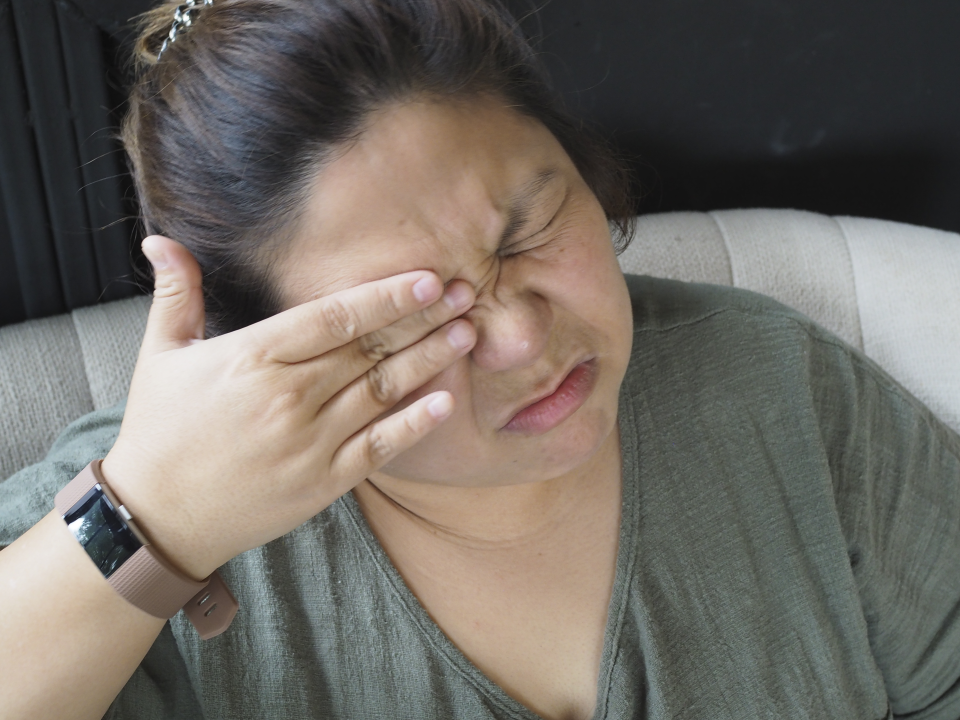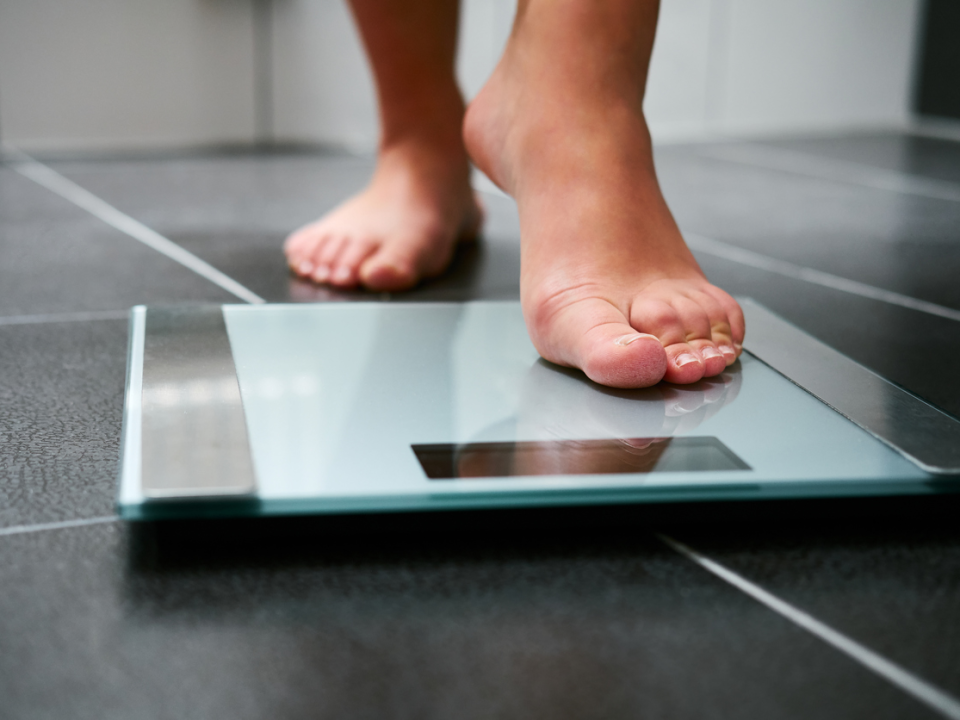10 signs you're at risk for developing type 2 diabetes
Type 2 diabetes is a medical condition that causes your blood sugar to become too high due to a problem with your body's ability to produce insulin.
In some cases, this life-altering condition can be prevented if you recognise the warning signs when there's still enough time to make lifestyle changes.
Here are a few signs that you could be at risk of developing type 2 diabetes.
1. Your urine smells fruity or sweet.
Urine should normally have a very faint or non-existent odor. If you notice that your pee has a fruity or sweet odor, it could be a sign of trouble.
According to Healthline, urine may take on a sweet scent when the body is trying to lower blood sugar by getting rid of excess glucose through the urine. So, sweet-smelling urine is often one of the first signs of diabetes or high blood sugar.
Fruity-smelling urine can have a number of different causes, so it's important to talk to your doctor if you notice this symptom.
2. You're extremely hungry even after eating.
Extreme hunger, especially after a meal, has to do with how the body processes food. In a healthy person, the body converts the glucose in food into energy.
Since this process is facilitated by insulin, in the body of someone with diabetes, there either isn't enough insulin available to fuel this process or the body's cells have become resistant to insulin.
This can make the person with diabetes feel tired and hungry, even though they have just consumed a meal.
3. You get frequent infections.
Frequent infections are a sneaky sign that you may be at risk for diabetes. According to Diabetes Daily, people with diabetes have a harder time fighting off infections because high blood sugar levels can slow the healing process.
People with diabetes are more likely to get infections of the bladder, vagina, feet, kidneys, skin, and gums.
If you notice that you're constantly coming down with some sort of infection or your small cuts and scrapes aren't healing as quickly as they once did, talk to your doctor.
4. You're constantly running to the bathroom, especially at night.
According to the UK's National Health Service, peeing more than usual can be a sign that you're developing type 2 diabetes.
This frequent urination can be especially noticeable at night if you find yourself waking up multiple times in order to use the bathroom.
As frequent urination can be caused by a number of different things, including urinary tract infections and pregnancy, it's important to talk to your doctor in order to rule out other conditions.
5. You have numbness or tingling in your hands or feet.
According to Healthline, tingling, pain, or numbness in your hands and feet is a result of diabetic neuropathy. This condition can arise when chronic high blood sugar damages the nerves that send signals to your extremities.
These sensations can get more frequent or severe over time and affect roughly 50% of people with type 2 diabetes, the site noted. If diabetic neuropathy progresses, even the lightest touch on the affected area can cause pain.
6. Your vagina or penis is frequently itchy.
According to the American Diabetes Association, diabetes can lead to itching due to poor circulation, dry skin, or yeast infections. Yeast infections in the genital region are common symptoms of diabetes and may cause your penis or vagina to become red and itchy.
Healthline noted that chronically high blood sugar levels also make it more difficult for the body to heal and fight off infections, so recurring genital yeast infections might also be a sign that you should talk to your doctor.
7. Your vision is blurry.
Blurry vision is a common symptom of diabetes, according to the Mayo Clinic. It involves a loss of the ability to see fine details and can occur in one or both eyes.
As Diabetes UK explained, this blurred vision is caused by the swelling of the lens inside the eye due to high levels of blood sugar. If your blood sugar levels fluctuate over time, your vision may improve or worsen depending on your condition.
8. You often feel very thirsty.
According to Everyday Health, high blood sugar leads to an increase in urination, which can lead to dehydration if you're not compensating with an adequate intake of fluids.
You should check in with your health provider if you notice you're not producing much saliva or are constantly thirsty.
9. Your ancestry could put you at a higher risk of developing diabetes.
The American Diabetes Association has recognised that people of African, Asian, Hispanic, American Indian, or Pacific Islander descent are more likely to develop type 2 diabetes.
People of European descent have a higher risk of developing type 1 diabetes.
Though ancestry can play a role, studies note that maintaining healthy habits and lifestyle choices outweigh your DNA when it comes to preventing diabetes.
10. You're overweight or obese.
Maintaining a healthy weight is key to preventing type 2 diabetes.
According to Verywell Health, there is a strong link between being overweight and developing the condition. Unhealthy eating patterns that include large amounts of sugar and refined carbohydrates can also contribute to insulin resistance.
Visit INSIDER's homepage for more.

 Yahoo Finance
Yahoo Finance 









